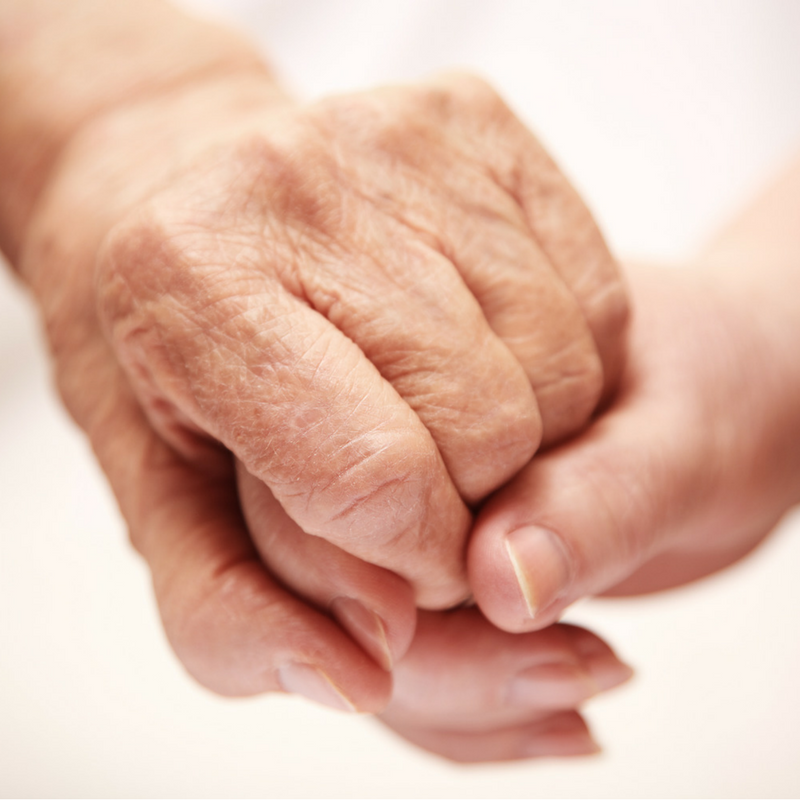Just about half of America’s population is a caretaker to an aging relative. Either out of obligation and love or due to financial reasons, most jump on board to take care of those who once took care of them. Though caring for a loved one is a commendable act, it should not be done without careful consideration. As much as you love your family, there is a lot that goes into caring for the elderly that, at the very least you should educate yourself on and prepare for. Below are a few factors you may or may not have considered.
Consider Their Condition and Needs
One of the first things you should consider is your loved one’s current health condition and their needs going forward. While it might be easy enough to take care of a parent who has a few mobility issues, it might be difficult to take care of a parent who’s suffering from dementia, diabetes, or some other illness or disease.
To determine whether you can care for them on your own, consider everything involved with caring for their health condition. For instance, if your parent is suffering from diabetes you’ll need to oversee their eating habits, ensuring that they stay active, and take them for doctor’s visits. However, a parent who has bad knees or other mobility issues won’t have as many medical problems but may need help getting around. Fortunately, there are resources like stair lifts and home elevators that can get them around the house easier.
If you’re not sure whether your parents’ medical condition and needs will be, talking with their primary care physician and other treating specialists can give you an idea of what to expect so that you can make a more informed decision on whether you can care for your parents on your own.
Consider the Emotional Toll
Emotionally, caring for an ageing parent can wreak havoc on your mental state. As your parents struggle with losing their independence and ageing, unfortunately, you can see behavioural changes. From being in denial, being argumentative, and trying to withhold information from you to crying, yelling, and shouting rude comments, you can experience your parents’ emotions from one extreme to the next. As you deal with these behavioural changes in your parents and the change in dynamics in your home it can become stressful.
Often caretakers are so engulfed in caring for their parents that they neglect themselves and others which take a real emotional toll. Anger, frustration, anxiety, boredom, depression, and disgust are all common feelings to have as a caretaker. There are solutions to dealing with the emotions of being a caretaker including taking time for yourself, joining a support group, and even asking for help to lighten the load.
Consider the Time Commitment
Like caring for your children, caring for your ageing parents or family members will be an around the clock job. Sometimes, finding a way to adjust your schedule to meet the needs of an elderly loved one can be stressful. Trips to the doctor’s office, time spent helping with bathing, dressing, and eating, and time used caring for their health is all time that you will have to pull out of the 24 hours you have in a day.
If you have other responsibilities, the time-consuming task of caring for an ageing family member may be something you want to reconsider or at least only consider doing part-time with the help of other family members, a home health aide, or even an assisted living facility.
Consider the Finances
If you’re moving your elderly parent into your home you must realize the financial strain this will have on you. Not only will this mean higher costs in groceries and utilities, it will also include paying for any modifications like a stair lift, handicap ramp, or other modifications. It will include covering medical expenses like co-pays and prescription costs. It may also cost you lost wages from work as you take time to tend to their needs.
Although it may seem that asking for help or considering other senior care options is a means of failing the senior in your life, in fact, it is quite the opposite. At the end of the day, the health and safety of you and your loved ones is what’s important. If bringing them into your home full-time will cause more harm than good, looking for other options and finding ways to pitch in where you can is a better option for all involved.


